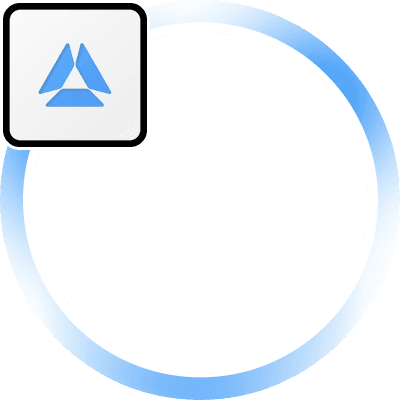Background and History
Grass was launched in 2023 by Wynd Network with the goal of decentralizing web data collection, particularly for training AI models. The project quickly gained traction, amassing over 2 million users and securing $4.5 million in funding from prominent investors such as Polychain Capital and Tribe Capital. Grass is built on the Solana blockchain, leveraging its high-speed and scalable infrastructure to efficiently handle large volumes of data.
Key Features and Technologies
Decentralized Web Scraping
Grass enables users to participate in decentralized web scraping through a browser extension or mobile app. By contributing unused internet bandwidth, users help collect real-time data, which is then validated and stored across








